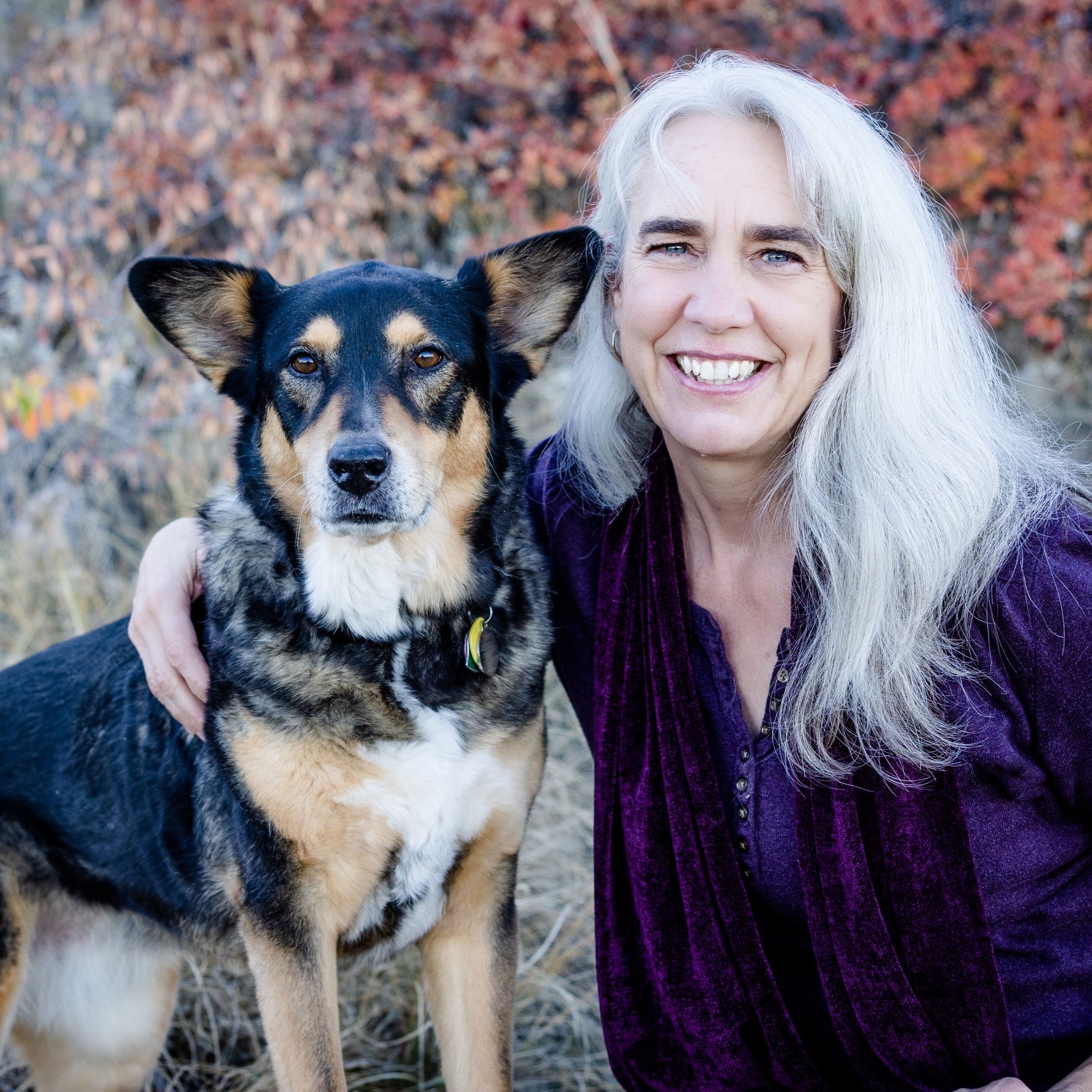I frequently give presentations about sexual consent, healthy relationships, and related topics in local schools and other environments. I strive to provide a fun, interactive learning experience around these serious topics using audience participation, and small group discussions. On May 12, 2019 I gave a talk about supporting sexual assault survivors at TEDxColoradoSprings.
I frequently give presentations on the following topics:
How to Help Someone Who Has Been Sexually Assaulted or Harassed
As a trauma therapist specializing in helping survivors of sexual violence, I've heard many stories of how people respond when they learn that someone they know has been sexually assaulted or harassed. I've learned which responses really help most survivors, and which responses may be intended to help but usually don't. And I've learned which responses cause lasting damage.
Learning outcomes for this presentation include:
How sexual assault and harassment affect survivors.
What to say or do and what not to say or do when someone discloses sexual assault or harassment.
What to do if the survivor's story doesn't seem to make much sense.
What to do if the survivor doesn't want to report to the police, or take other action that seems necessary.
How to handle heightened emotional reactivity, triggers, flashbacks.
How to best support a survivor's healing.
Consent: Do I Really Have to Ask First? Why and How
When I talk about consent, I get a lot of push back. People worry that asking for consent will be awkward or will spoil the mood. Some feel that asking for consent is unnecessary, because body language indicates whether a partner is willing. In addition, we see so many examples of not asking for consent in the media, and almost no examples of asking for consent. Having worked with many survivors of non consensual sexual contact, I know the cost of neglecting to make sure there is consent. In this presentation we discuss that cost, why we as a society have trouble with the idea asking for consent, and how to deal with those obstacles to make sure sex feels safe and fun for everyone.
This presentation is available in versions designed for preteens, teens, college students, and adults.
Learning outcomes for this presentation include:
What is and is not consent for sexual contact
Why asking for consent is important
What it can look like to ask for consent
Why we don't ask for consent
How to handle someone saying no
Presentation about sexual consent at New Vista High School in Boulder, Colorado on February 14, 2018. Featuring Nova the registered professional therapy dog and brave volunteers from the audience!
How and Why to Avoid Sexual Harassment
We are in an exciting time of change in our societal views of sexual harassment. These changes are leading many people to face questions about what sexual harassment is, how and why to avoid it, and how it can be handled when it does occur. This presentation is appropriate for organizations hoping to avoid sexual harassment, and those who hope to understand and support victims of sexual harassment.
Learning outcomes for this presentation include:
What sexual harassment is
Why sexual harassment is so common
What sexual harassment costs individuals, organizations, and society
How to avoid sexually harassing someone
What to do if sexual harassment happens to yourself or someone you know
Our Justice System Is Not Kind to Sexual Violence Survivors
Many people feel that when a violent crime such as sexual assault occurs, naturally the crime needs to be reported to the authorities. And yet research indicates that rapes are reported to the police at a much lower rate than other crimes. There are many reasons for this, one of which is the fact that our justice system is not designed to consider the healing process for survivors of sexual violence.
Learning outcomes from this presentation include:
Conditions and resources trauma survivors need to heal
What the justice system requires from victim witnesses
Things we could change in the justice system that would encourage reporting of sexual violence







